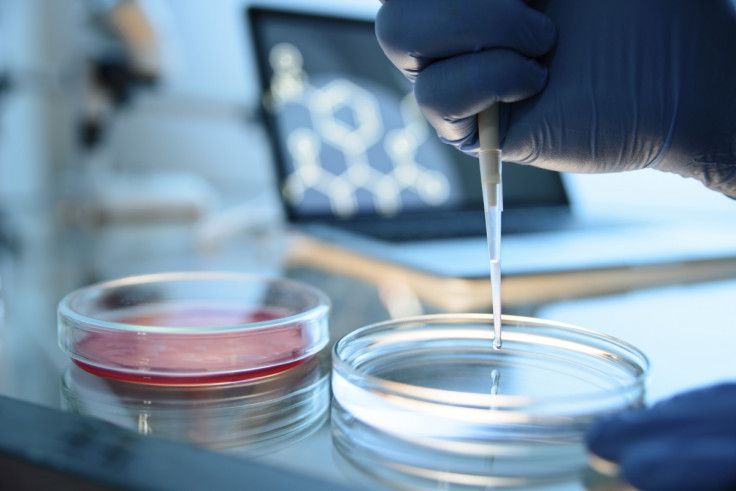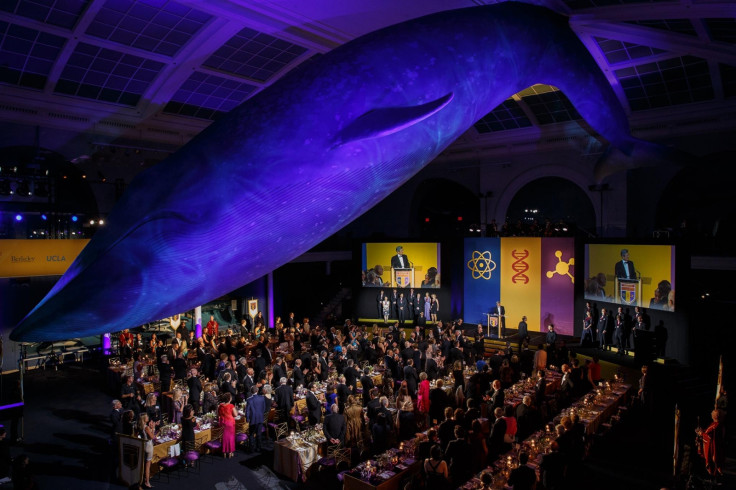Blavatnik Awards: $480,000 prize launched to find UK's best young scientists
Blavatnik Awards for Young Scientists has been running in the US for 10 years and is open to all scientists in the UK under 42.

A competition recognising the most talented young UK scientists has been launched with a jackpot of $480,000 (£384,000). Entry for the Blavatnik Awards for Young Scientists will open on 3 May, with the winner expected to be announced next March.
The Blavatnik awards have been running in the US for the last 10 years. The aim is to provide support for younger scientists whose careers can take a long time to develop. By providing funding at an earlier stage, discoveries can be made sooner – which is beneficial to all.
Over the past decade, the charity has provided $4m to 125 scientists in the US.
Recent winners of the US prize include Phil Baran, of the Scripps Research Institute, who has been dubbed the "Sultan of synthesis" for his work in commercially-scalable efficient synthesis of biological products, and Yale University's Alison Galvani, whose work in infectious diseases is leading to better resource management and deployment during outbreaks.
Another winner was Marin Soljacic. His work involves wireless energy transfer, which one day could make the power cord extinct. It could also have applications in the electric car industry – meaning cars could be wirelessly charged, and in medicine – allowing for devices like pacemakers to be charged through the skin.
The award will be split into three categories - Life Sciences, Physical Sciences and Engineering, and Chemistry. From these, one winner from each will be chosen and awarded $100,000. A further two runners-up will be picked from each category, and they will each receive $30,000.
Winners are free to spend the money on whatever they please – they are not restricted to spending it on research in their given field. For example, Soljacic spent part of his prize money setting up an award for children in Croatia, his home nation.

When the nominations open, universities and research institutes across the country will be invited to put forward candidates they think show huge potential. Nominees will be shortlisted then a jury will pick the winner at the end of the year. The winner will then be announced in January, with an awards ceremony being held in London in March.
Len Blavatnik, head of the Blavatnik Family Foundation, said: "The UK consistently produces some of the best scientific research in the world, building upon its remarkable history of scientific discovery and innovation. The Blavatnik Family Foundation looks forward to supporting those scientists who will help answer some of society's biggest questions, and provide solutions to our biggest problems."
Yale's Ruslan Medzhitov was one of the first winners of the Blavatnik Awards. His work involves the human immune system, with his discoveries expanding our understanding of infection control and inflammation.
"The Blavatnik Awards are very special because they are given at a stage of a scientific career when recognition is most meaningful and has a long-lasting impact," he said. "This was certainly the case for me. The award given at the early stage of a scientific career not only recognises past accomplishments, but also the future promise. This provides a powerful motivation to deliver on that promise."
Ellis Rubinstein, President and CEO of New York of Sciences, which administers the Blavatnik programme, added: "The United States and United Kingdom have a long history of collaboration in science. Expanding the Blavatnik Awards to the United Kingdom with its vast pool of rising scientific talent is the next logical step for the next decade of the programme. And I personally cannot wait to participate in the annual scientific symposium that brings many Blavatnik Awardees together. The sparks always fly and new collaborations will be born that can transform the world."
© Copyright IBTimes 2025. All rights reserved.






















